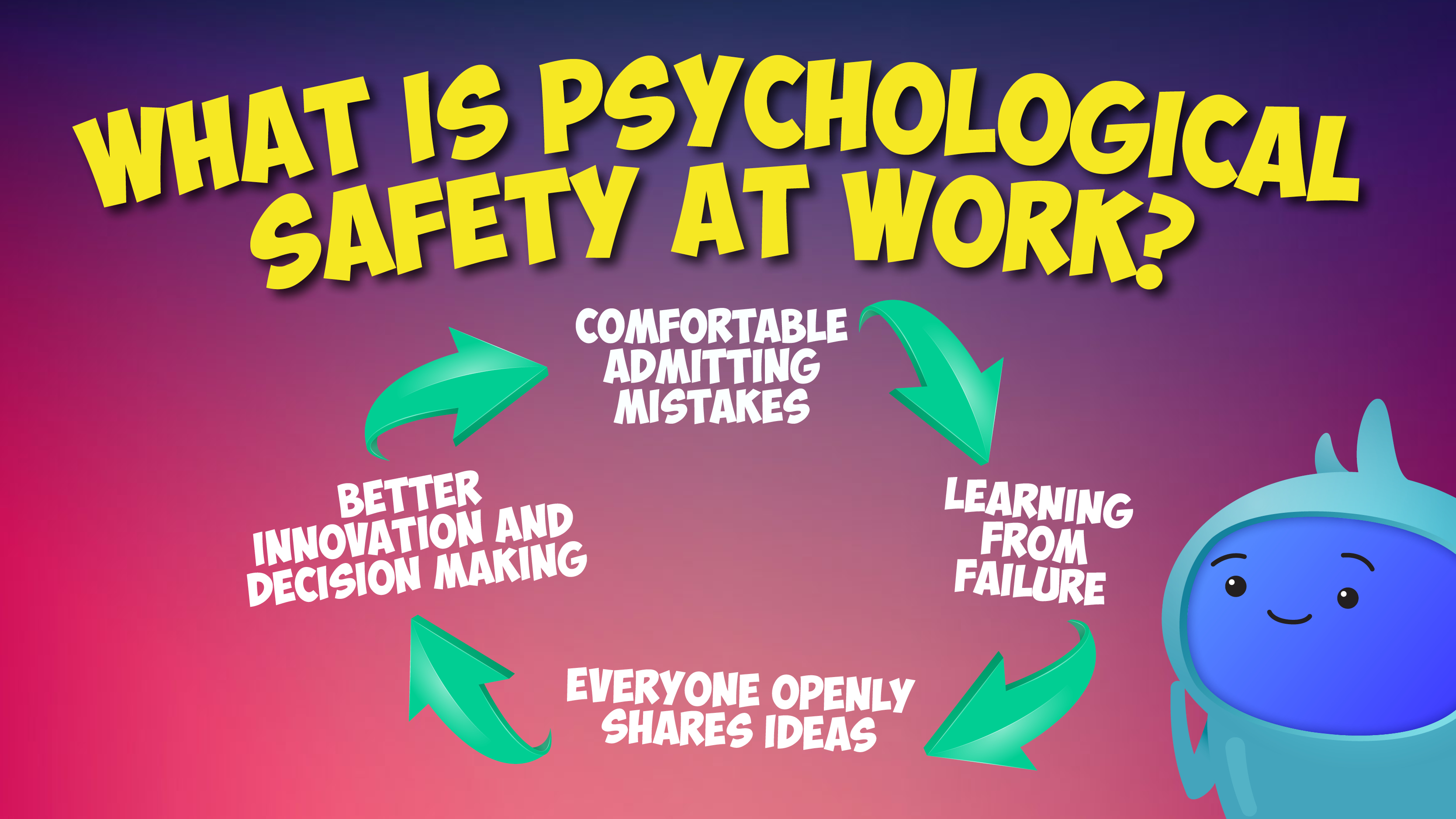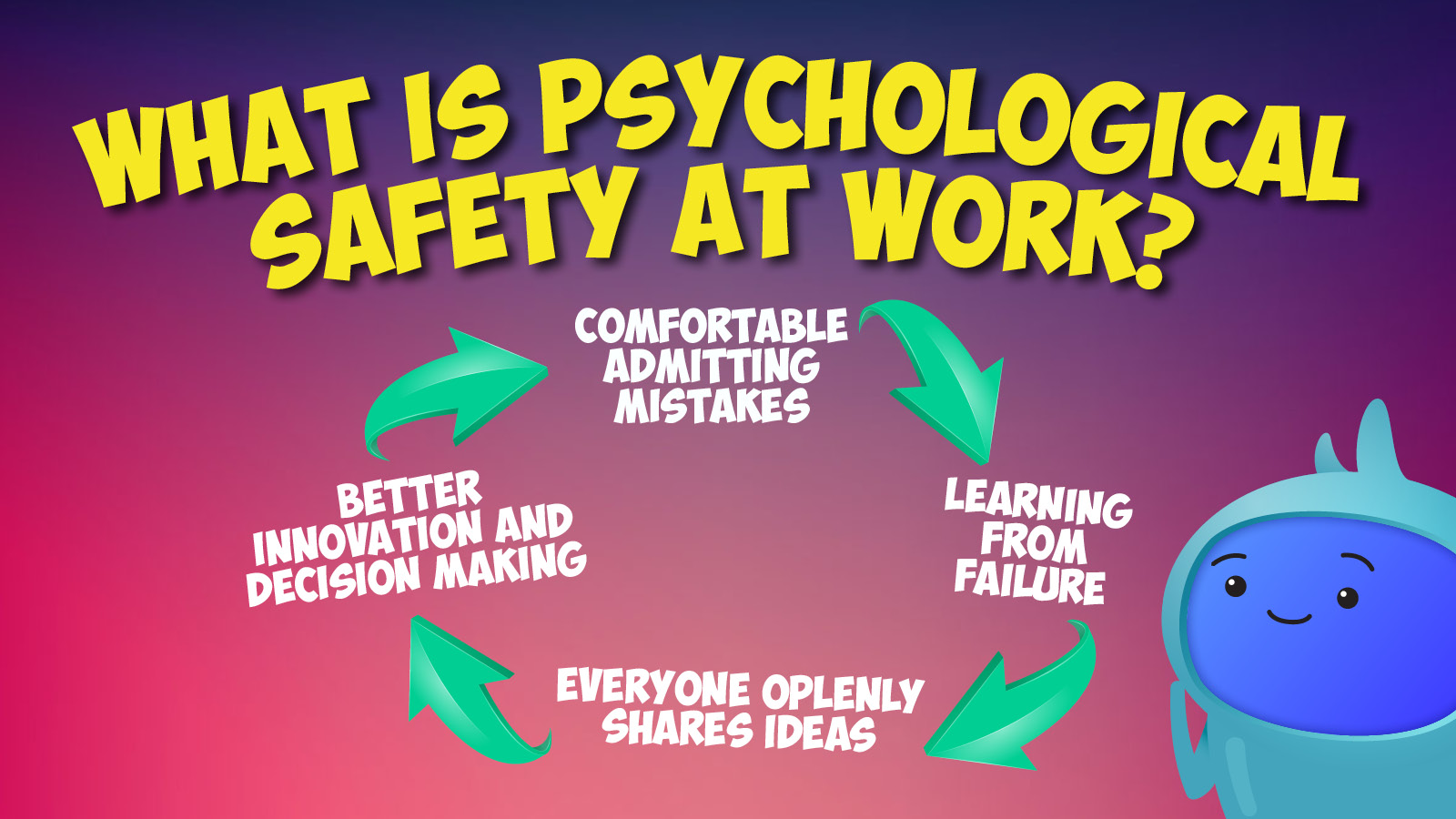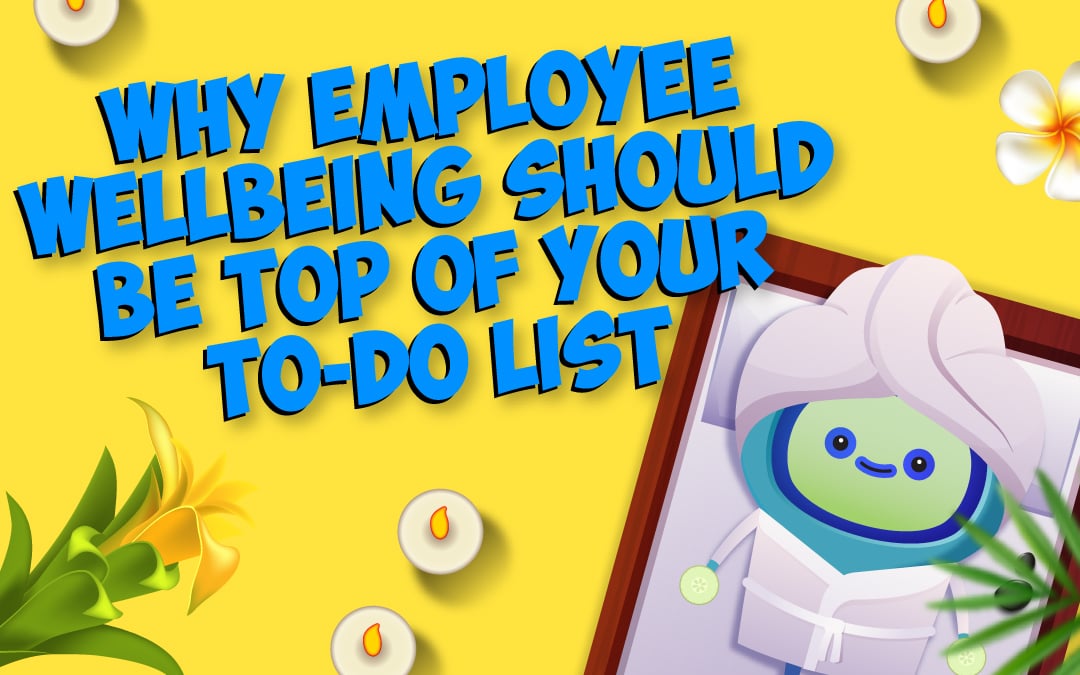
Do you feel comfortable speaking up at work when you see something wrong? Or do you feel anxious about voicing concerns, worried that it could damage relationships or even jeopardise your job?
Many of us can relate to that nagging sense of, well, to put it mildly, unease about rocking the boat at work. We don’t want to get in trouble, and we certainly don’t want to risk losing our job, right? But, cultivating an open, trusting environment where people aren't afraid to speak their minds is critical for any organisation that wants to thrive. This is the idea behind "psychological safety" at work.
So, what is psychological safety at work? Well, it means feeling safe to take risks, speak up, disagree openly, to surface your concerns without fear of negative repercussions or pressure to sugar-coat bad news. When teams have psychological safety, they can focus their energy on innovating, solving problems and pursuing excellence rather than worrying about covering their backs.
Why Is Psychological Safety at Work Important?
Psychological safety enables openness. When employees feel comfortable sharing ideas, critiques, mistakes, and concerns without fear of embarrassment or retribution, they will be more engaged, productive, and invested in your organisation's success.
Psychological safety also encourages diversity of thought. When people aren't afraid to be themselves at work, unique perspectives can flourish. This sparks creativity, new insights, and better decision-making. Psychological safety also promotes integrity. When employees are confident their issues will be addressed properly, they’re more likely to raise ethical concerns rather than ignore problems.
Psychological safety drives growth, too. When weaknesses are discussed openly, individuals and organisations can learn from failures and develop resilience.
How Can Leaders Create a Psychologically Safe Environment?
Leaders play a crucial role in cultivating psychological safety in their teams. Some key ways that leaders can help create a psychologically safe workspace include:
- Welcoming questions and input from team members without getting defensive.
- Readily admitting when they've made a mistake or have something to learn.
- Giving thoughtful feedback focused on goals and growth rather than criticism.
- Not tolerating bullying, harassment, or discrimination of any kind.
- Making it clear that speaking up about concerns is valued and expected.
- Following up on issues raised by team members and communicating outcomes.
Why Is It Critical That Leaders Showcase These Habits?
Leaders set the tone. Their behaviour ripples through the whole organisation as teams emulate what they see role-modelled above them. If leaders get angry when questioned or ignore issues raised, they undermine psychological safety. On the other hand, leaders who listen openly, admit that they aren’t perfect, and respond constructively to feedback show their teams that it's safe to speak freely.
Showing that they are open is one of the most powerful things leaders can do to build trust. When leaders acknowledge their weaknesses, team members feel more comfortable disclosing their own. When leaders share business challenges transparently and invite collaborative problem-solving, it demonstrates that speaking up is encouraged, rather than being disapproved of.
At the end of the day, psychological safety determines how much of their talent, perspective and integrity employees bring to work. It’ll create workplace happiness, which spreads throughout the company. And when people feel comfortable being themselves, they do their best work. That's vital for any organisation that wants to nurture innovation, agility, ethical behaviour, and employee well-being. With active support, you can build a psychologically safe place where trust and openness thrive.
Find out more about Psychological Safety at Work
Get a better understanding of Psychological Safety at work by downloading our FREE Starter Kit. It’s there to support you when running a team to help create a positive culture. Get in touch with us or try iAM Learning for yourself - get started today!



.png)
